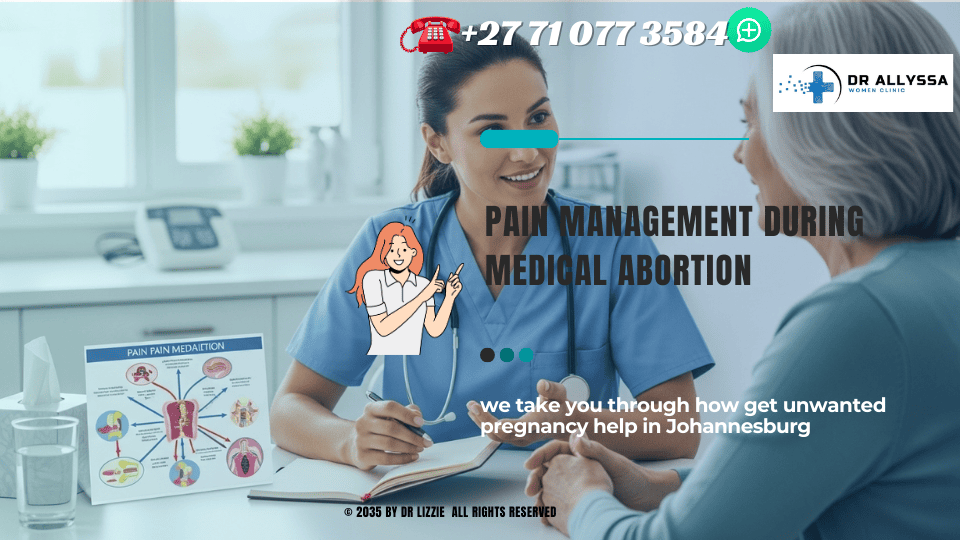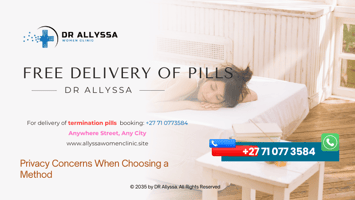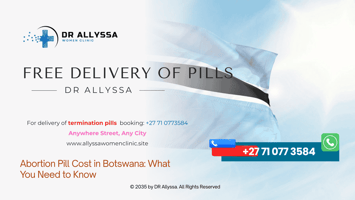Navigating the landscape of abortion pills and medications can be overwhelming. This comprehensive...
Pre-Abortion FAQs: Essential Information and Guidance

Navigating the decision to have an abortion can be overwhelming. Here are answers to some common questions to help you make informed choices.
What Should I Consider Before Deciding on an Abortion?
Deciding to have an abortion is a significant and personal choice that involves various factors. It is essential to consider your emotional and physical well-being, your current life circumstances, and your future goals. Consulting with a healthcare provider can help you understand the medical aspects and the implications of different types of abortion procedures.
Additionally, consider the support system you have in place. Emotional and psychological support from family, friends, or counseling services can be crucial. Understanding the potential risks and benefits, as well as the legal rights and privacy aspects, will also help you make an informed decision.
What Are the Different Types of Abortion Procedures?
Abortion procedures vary depending on the gestational age of the pregnancy and individual medical considerations. Generally, abortions can be classified into medical and surgical methods. Medical abortions involve medications like Mifepristone and Misoprostol, which can be used up to 10 weeks of pregnancy. This method includes an initial clinic visit, followed by medication taken at home, and a follow-up appointment to ensure the procedure's completion.
Surgical abortions, such as Manual Vacuum Aspiration (MVA) and Dilation and Curettage (D&C), are performed in a clinic setting. MVA is typically used for pregnancies up to 14 weeks and involves suction to remove pregnancy tissue. D&C is a more involved procedure, often used for later gestations, where the cervix is dilated, and tissue is removed using surgical instruments. Both methods are safe when performed by trained medical professionals.
What Are the Legal and Privacy Rights Surrounding Abortion?
In South Africa, abortion laws are governed by the Choice on Termination of Pregnancy Act, which allows for abortion on demand up to 12 weeks of gestation. Between 13 and 20 weeks, abortions can be performed under specific conditions, such as risk to the woman's health or socio-economic reasons. Beyond 20 weeks, abortions are permitted only under severe circumstances, such as a threat to the woman's life or fetal anomalies.
Your privacy rights are protected by law, ensuring that your decision remains confidential. Clinics like Allyssa Women’s Clinic prioritize patient confidentiality and provide nonjudgmental support throughout the process. Understanding your legal rights and the privacy measures in place can help you feel more secure in your decision.
How Can I Prepare Emotionally and Physically for an Abortion?
Preparing for an abortion involves both emotional and physical readiness. Emotionally, it is beneficial to seek counseling or support from trusted individuals to discuss your feelings and concerns. Many clinics offer pre-abortion counseling to help you navigate your emotions and make an informed decision.
Physically, ensure you follow the pre-procedure instructions provided by your healthcare provider. This may include fasting for a certain period before a surgical abortion or arranging for someone to accompany you to and from the clinic. Post-procedure, it is crucial to follow the aftercare guidelines to promote healing and manage any side effects.
What Support and Resources Are Available Post-Abortion?
Post-abortion support is vital for both emotional and physical recovery. Many clinics, including Allyssa Women’s Clinic, offer comprehensive aftercare services, including follow-up appointments to monitor your health, counseling services to support your emotional well-being, and family planning advice to help you manage future reproductive health.
Additionally, there are numerous resources available, such as support groups and online forums, where you can connect with others who have had similar experiences. Access to reliable information and a supportive network can significantly aid in your recovery process.
.png?width=200&height=65&name=Untitled%20design%20(68).png)


